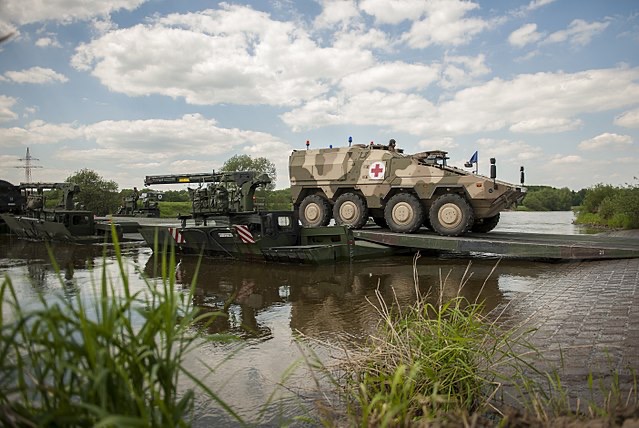Germany Greenlights NATO Missile Strikes into Russia
In a historic and potentially explosive development, Germany has given the green light for NATO-supplied long-range missiles to be used in strikes deep inside Russian territory. The decision breaks with previous Western caution, marking a significant escalation in NATO’s support for Ukraine. Simultaneously, French President Emmanuel Macron has intensified pressure on Donald Trump, calling on the U.S. president to take a stand against what he called the “lies and aggression” of Vladimir Putin.
This dual development sends a powerful message to the Kremlin: the West is no longer willing to hold back in its military and political response to Russia’s war in Ukraine.
A Turning Point in the Ukraine Conflict
What Germany’s Decision Means
Germany’s move effectively permits Ukraine to target Russian military facilities, infrastructure, and command posts far beyond the frontlines. Until now, Western nations, including Germany, had restricted the use of their weapons to Ukrainian soil, fearing Russian retaliation. But mounting Russian offensives, including drone and missile strikes on civilian areas, have forced a shift in policy.
The Strategic Impact for NATO
This authorization is seen not just as a military decision, but a diplomatic one—signaling a united Western front that is no longer afraid of “provoking” Moscow. NATO is now firmly shifting toward proactive deterrence, with Berlin’s support paving the way for other nations to follow suit.
The Rationale Behind the Move
Russia’s Escalating Attacks Prompt Response
Germany’s policy reversal comes in the wake of intensified Russian aggression, including the largest drone assault on Ukraine since the beginning of the war. Civilian areas, hospitals, and energy infrastructure have all been targeted in recent weeks, pushing allies to rethink their passive containment strategies.
Ukraine’s Need for Extended Range Defense
Ukrainian leaders, including President Volodymyr Zelenskyy, have long urged the West to allow strikes inside Russia, arguing that limiting operations to Ukrainian territory gives Russia a free hand to operate with impunity. Long-range strikes could now help level the playing field, especially in disrupting logistics and weapons supply lines.
Macron’s Bold Call to Trump
Branding Putin a ‘Liar’
French President Emmanuel Macron didn’t mince words. In a recent press conference, he called Putin a “liar,” accusing him of masking his aggressive intentions behind hollow diplomatic overtures. Macron emphasized that the West must wake up to the realities of Putin’s ambitions before more lives are lost.
Demanding Stronger U.S. Action
Macron appealed directly to Donald Trump—widely expected to run again for the U.S. presidency in 2028—urging him to denounce Putin and endorse robust Western support for Ukraine. The French leader believes only a unified front, led by American resolve, can deter further Russian advances.
Trump’s Fiery Response to Putin
“Absolutely CRAZY” – Trump’s Words on Russia’s Leader
President Trump responded with uncharacteristic bluntness, labeling Putin as “absolutely CRAZY” during a Fox News interview. His comments followed the Russian drone blitz that damaged vital infrastructure in Kyiv and Kharkiv.
More Sanctions on the Table?
While Trump has criticized Zelenskyy in the past, his recent tone shift could signal broader bipartisan support in the U.S. for tightening the economic screws on Russia. Sources close to Trump suggest a new sanctions package is being discussed among Republican strategists.
NATO’s New Strategy Unveiled
A Shift from Defensive to Offensive Support
The alliance’s posture is changing. Where once it focused on providing defensive arms and humanitarian aid, NATO is now preparing for long-term engagement. Germany’s decision is just the beginning, with other countries expected to approve similar strike capabilities.
Member States Recalibrate Policies
The Netherlands, UK, and Poland are reportedly in discussions to follow suit. This unified front could reshape NATO’s strategic blueprint, with integrated intelligence and joint mission planning becoming more frequent.




1 comment
[…] Russia has been accused of cowardice and deception after offering peace talks while hiding its “unrealistic ultimatums” – as Vladimir Putin’s war literally came crashing home with drone debris slamming into a Moscow apartment block. […]
Comments are closed.